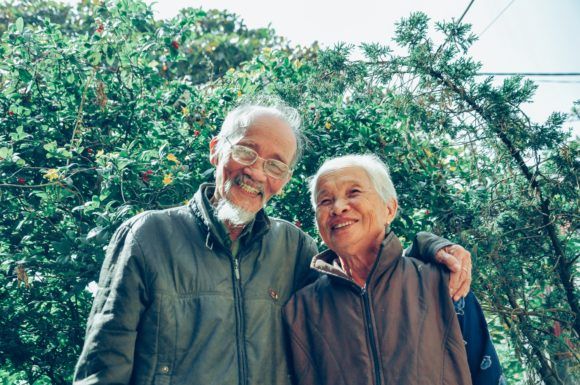Kerry Hudson: In a complex world, choosing to be honest can be a radical act
As a sketch about social media in the US comedy series Portlandia put it: “I guess people are just cropping out the sadness.” But by cropping out the sadness we’ve isolated and alienated ourselves. And it’s not just sadness we’re cropping out it’s all of life’s messier, more complex issues. In doing that we lose community and support because with silence comes shame. Read more.Cas Mudde: The real threat to liberal democracy isn’t the right. It’s the ideological vacuum at its own heart
We have to learn to defend liberal democracy by explaining why it is the best political system we have at this time. Crucial to this debate is reclaiming the term “minority.” It should not apply exclusively to “ethnic” or “religious” groups. People need to understand that anyone can be—or become—a minority in time, and that only liberal democracy will always protect your fundamental rights—irrespective of whether you are part of the majority or a minority. Read more.

Emmanuel Saez and Gabriel Zucman: How to tax business in a global world
There is nothing in globalisation that requires corporate tax to disappear. The race to the bottom that rages today is a decision we’ve collectively made—perhaps not fully consciously or explicitly, certainly not a choice that was openly debated or voted on, but a choice nonetheless. We can make other choices. Read more.

Peter Frankopan: We live in the age of the pandemic. This is what we need to do about it
The “kill rates” of infectious diseases can be devastating, but sometimes this encourages us to look away. Although outbreaks of Ebola have been regular, the fact that the virus kills its hosts so quickly means that its spread can be prevented through exclusion zones and isolating populations that have or might have been exposed. Read more.

Katharine Birbalsingh: Want to know what your child is doing on WhatsApp? Nothing good
Want to know why your child is glued to apps like WhatsApp and Snapchat? It’s because they are making inappropriate friends. Young boys are meeting gang members, young girls are frolicking with older men—some are even being groomed. I have seen this first-hand at Michaela Community School where I am headmistress. We keep telling our families to beware of the smartphone but many take little notice until it is too late. Read more.

David Olusoga: It’s time to be honest about Britain’s story—and come to terms with the reality of empire
When the inglorious chapters of the imperial story—slavery, the Indian famines, the genocide in Tasmania—are forced into the national conversation they are relativised away; after all, was British rule not more benign than that of the Belgians in the Congo, was it not less brutal than that imposed on Namibia by the Germans? The closing down of the imperial debate, and its absence in schools, means that few in Britain recognise how the imperial project enriched the nation or how often colonial rule was underwritten by extraordinary violence. Nor is it understood how British culture, the English language and British cuisine were inflected by four centuries of imperial encounter.
Read more.

Camilla Cavendish: Middle-age is getting longer—and giving us a chance of a better world
It should come as a relief to us, as the planet comes under strain, that birth rates are falling. The only natural resource that’s growing is older people. So let’s realise that they have wisdom, energy and talents that we should be using, to create a different, better world. Read more.

Frans de Waal: We know more about animal cognition than ever—it’s time to consider the moral implications
The facial expressions of humans and chimpanzees not only look strikingly similar, but they also convey similar emotions of affection, fear, anger, disappointment, disgust, and even fun. Apes laugh with the same open-mouthed face as ours while uttering chuckle-like vocalisations. There was a time when the textbooks stated that our species has far more muscles in the face than other primates because we need to convey so many subtle emotions. But now we know from a post-mortem anatomical study that chimpanzees have exactly the same musculature and an identical number of muscles in the face. The implication is, of course, that they are able to convey the same shades of emotion, and probably need to. Read more.













